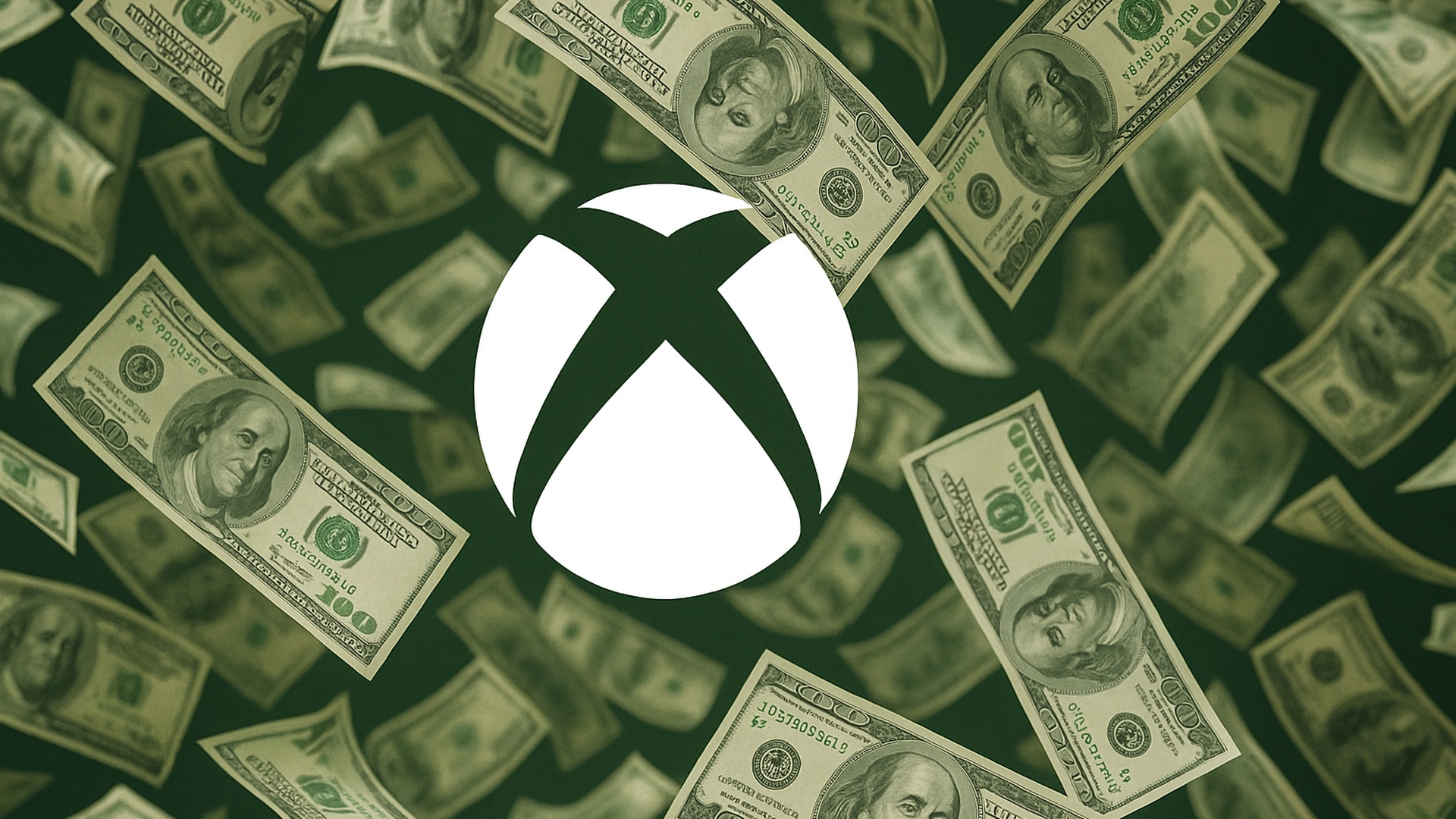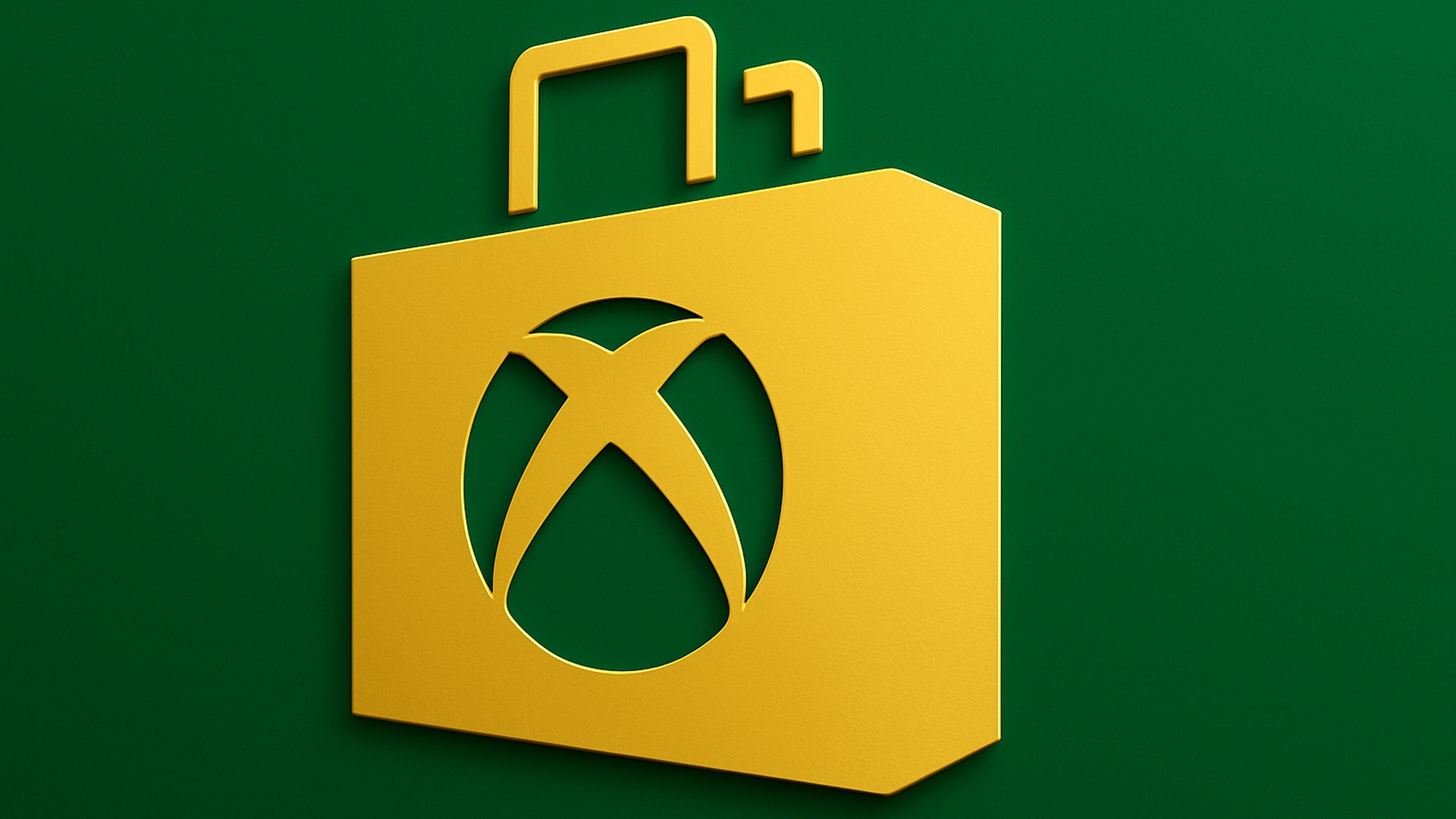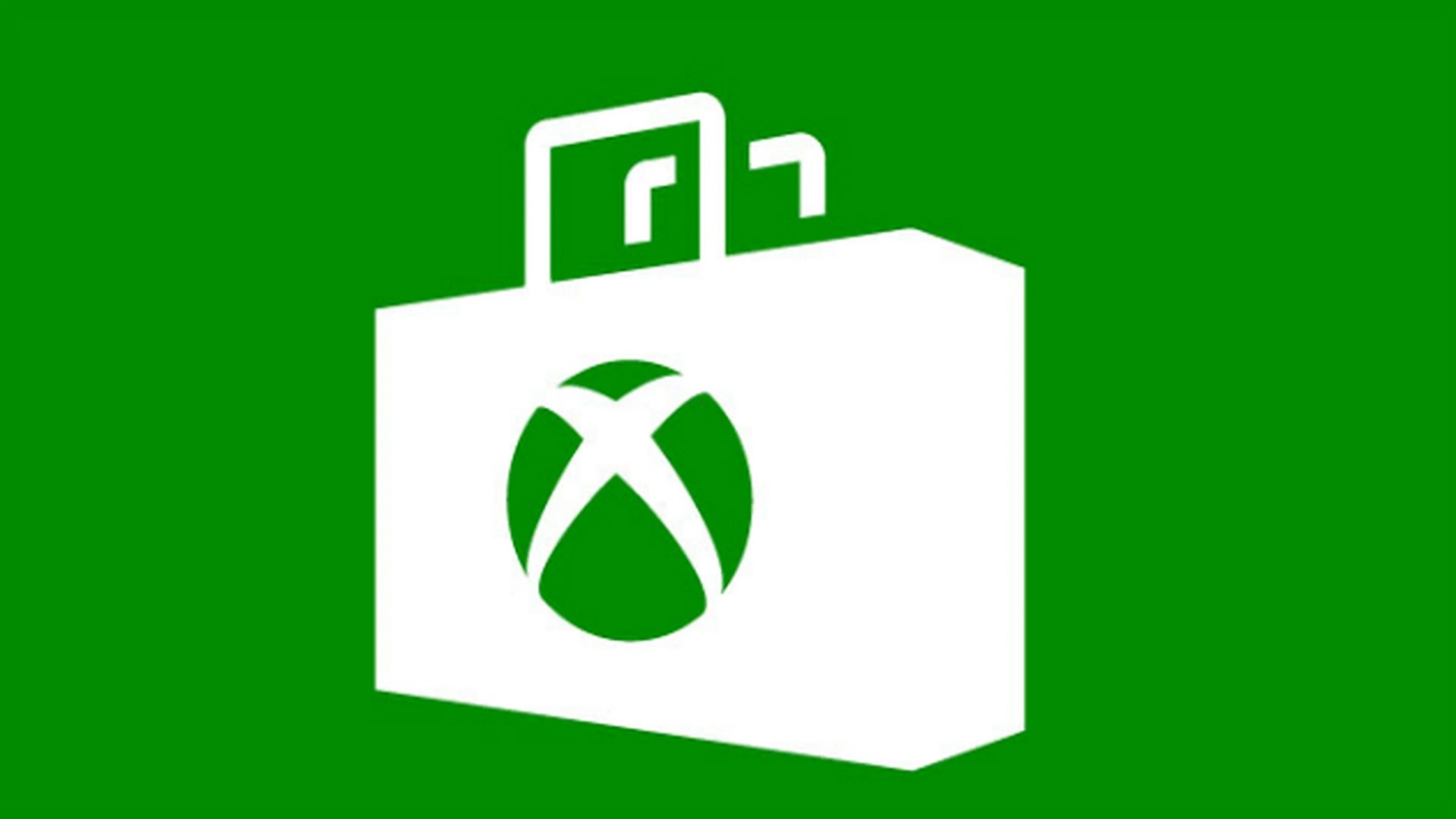Microsoft celebrates a positive fiscal year close with a new boost for the Xbox division.
More stories in the category News
- Resident Evil Requiem already has a record speedrun: completed in just 2 and a half hours
- Only 24 hours: this Xbox Series game becomes completely free
- The Xbox Store adds new filters: you can now sort by price, discount and most wanted
| Don't miss anything and follow us on Google News! |
Microsoft has presented its financial results for the fourth fiscal quarter of 2025, and the data makes it clear that Xbox’s content strategy is still paying off, even if hardware sales are a different story. According to the official report, revenue from Xbox content and services has risen by 13% year-over-year, thanks largely to Game Pass subscriptions and the boost from proprietary games following the integration of Activision Blizzard.
This growth in the content area contrasts with a 22% drop in hardware revenue, suggesting that console sales continue to decline as the company’s multi-platform focus takes hold.
Xbox Grows in Content, but Console Sales Slump
Among the most relevant data from the financial report, we find:
-
Total gaming revenue: +10%
-
Xbox content and services revenue: +13% (12% adjusted for currency)
-
Xbox hardware revenue: -22%
Analysis
According to Microsoft, the growth is largely due to the “strong performance of proprietary games and Xbox Game Pass,” as well as the positive impact from the acquisition of Activision Blizzard. In annual figures, the Xbox division has generated $23.455 billion in fiscal year 2025, up from $21.503 billion the previous year.
Despite this improvement in revenue, the context is complex: over 9,000 employees were recently laid off, with some of those cuts affecting the video game division. However, the company remains committed to expanding Xbox through new digital stores, devices, and multi-platform services.
All this while we see several Xbox games appearing among the best-sellers on PlayStation in the US, reflecting the new business model that Microsoft is establishing. Hardware is no longer the core, but content. And the numbers are starting to back up that idea.






